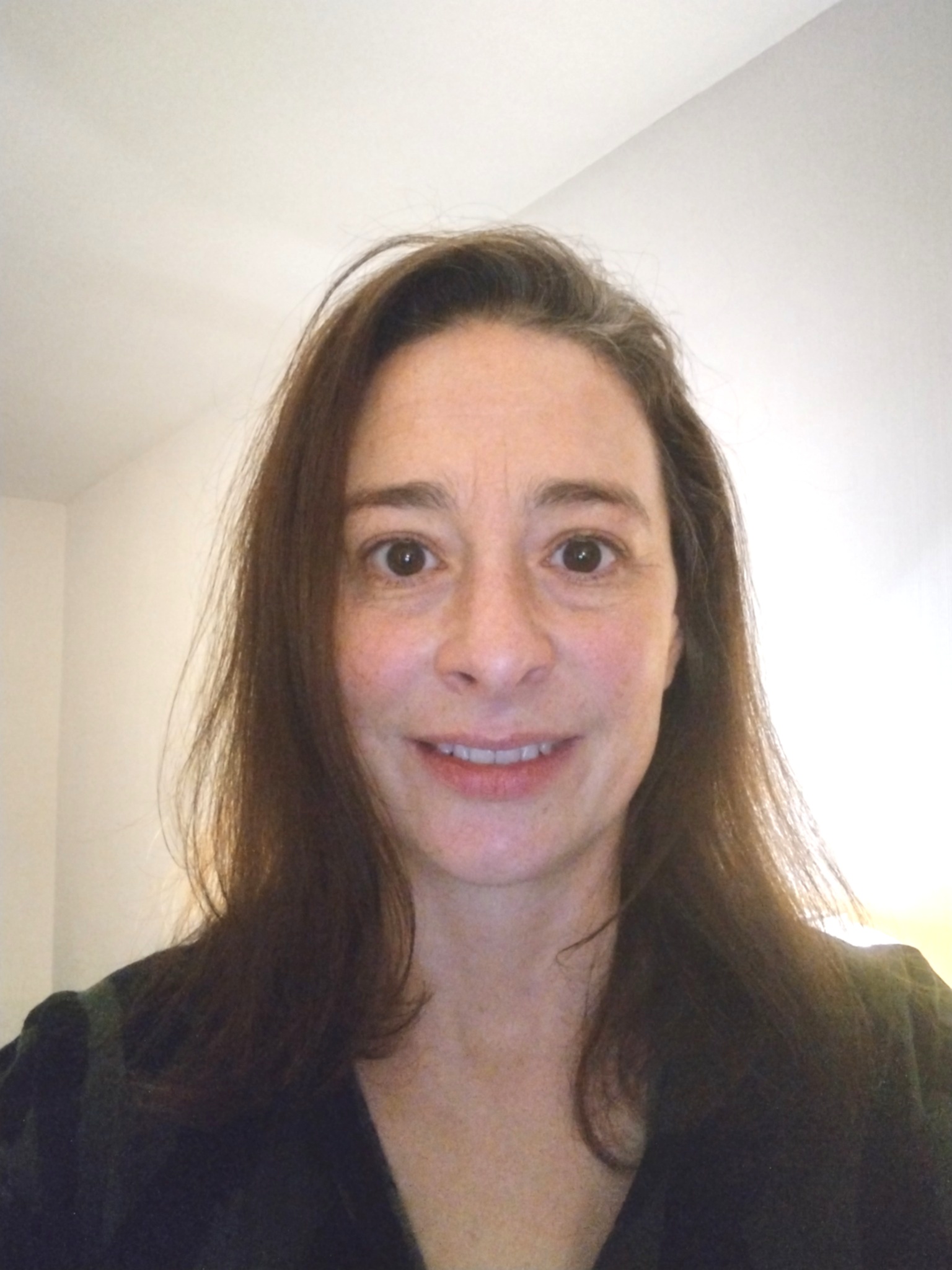Committee Members
The Green RSE SIG is run by volunteers from across the research software engineering and green computing landscape.
The current chair is Kirsty Pringle (to be reviewed in September 2025).
Current members
- Kirsty Pringle; Lead: New Connections
- Loïc Lannelongue; Lead: Estimation
- Joe Wallwork; Lead: Education
- Surbhi Goel
- Colin Sauze; Lead: Energy and Embodied Impacts
- James Tyrrell; Lead: Responsibility
- Sadie Bartholomew; Lead: Governance
- Sam Tygier; Lead: Research
- Giuditta Parolini
- Jack Leland
- Twin Karmakharm
Former members
- Laura Shemilt
Lead: New Connections
Kirsty is a former embedded Research Software Engineer with over 15 years of experience developing and testing climate and air quality models. She is currently the Project Manager at the Software Sustainability Institute, where she leads the Institute’s work on reducing the environmental impact of research software.
Kirsty is passionate about building inclusive communities and bringing people together to address environmental challenges through shared knowledge and sustainable digital practices. She recently wrote about the need for leadership in this area in Research Professional News — read the article here.
She served as a trustee and treasurer of the Society of Research Software Engineering from 2020 to 2022.
Lead: Estimation
Loïc Lannelongue is a Senior Research Associate (Assistant Research Professor) at the University of Cambridge leading a research group studying the environmental impacts of computing. Passionate about environmental sustainability and responsible science, he is involved in both research and policy internationally.
He leads the Green Algorithms initiative, which promotes more environmentally sustainable computational science, and manages the Green DiSC certification framework for sustainable computing. He is also a Software Sustainability Institute Fellow.
More about his work at www.lannelongue-group.org.
Lead: Education
Joe Wallwork is an RSE in the Institute of Computing for Climate Science (ICCS) at the University of Cambridge. In his role at ICCS, Joe works on extending the functionality and improving the software sustainability of climate modelling codes.
He is motivated by improving the environmental sustainability of software, as well as its software sustainability, and is always looking for ways to achieve this via Green Computing.
Surbhi Goel is an RSE with the Institute of Computing for Climate Science (ICCS) at the University of Cambridge. Surbhi works with researchers and PIs to build or extend climate models' functionalities and software infrastructure.
One of the key focuses right now is on practising and promoting greener practices of software engineering to control the climate impact of the work.
Lead: Responsibility
James Tyrrell is a Senior Research Software Engineer & Manager at the University of Birmingham, leading a team of RSEs and helping deliver the University's RSE Service. His academic background is in computational mathematics, which continues to feature heavily in his work.
While working as a software developer in industry, James was involved in research into Green Software initiatives and contributed to several UK / Midlands projects investigating how best to incorporate the UN's Sustainable Development Goals into work in the digital space.
His current interests include making Green computing considerations part of standard practice in research software engineering, as well as exploring ways of making (energy-efficient) compiled programming languages more accessible for researchers.
Lead: Governance
Sadie Bartholomew is a Senior Research Software Engineer working for the Computational Modelling Services (CMS) group within the National Centre for Atmospheric Science (NCAS), based at the Department of Meteorology at the University of Reading.
Her work concerns developing, maintaining and optimising tools and infrastructure that facilitate the running, configuration, documenting and analysis of simulations of our planet for Earth Science, particularly atmospheric science.
Aware of the "necessary evil" of the significant carbon cost of computation in order to study — most notably — climate change, she is keen to discuss ways to work towards minimising the environmental impact of computing in the domain and to raise awareness of green practice more broadly.
Lead: Energy and Embodied Impacts
Colin Sauze is a Senior Research Software Engineer at the National Oceanography Centre. In this role he works on a range of software and platforms which faciltiate oceanographic research. Much of this work acts as a stark reminder of the impact of human activities on the ocean with everything from rising temperatures to ocean acidifcation to sea level rise and the loss of biodiversity.
He is keen to reduce the impact of computation on the environment, in particular from the growing needs of simulations/modelling and AI workloads as well as high performance and cloud computing systems. He is one of the co-authors of the CATS Climate Aware Task Scheduler which timeshifts HPC workloads to when the electricity gird has it's lowest green house gass emission.
Lead: Research
Sam Tygier is a Senior Scientific Software Engineer at the ISIS Neutron and Muon Source, leading the Mantid Imaging project. He also chairs the computing group of the ISIS Sustainability Network and collaborates with colleagues across the Rutherford Appleton Campus and Science and Technology Facilities Council on sustainable computing initiatives.
He is interested in improving software efficiency, extending hardware lifetimes, providing training, and embedding sustainability into development processes. Sam believes computing has an important role to play in making science more energy efficient—for example, through tomographic reconstruction algorithms that reduce beam time requirements by working effectively with noisy or incomplete data.
He is on the RSECon committee, helping ensure the conference offers a high-quality remote/hybrid option to reduce travel-related emissions. In his spare time, he helps run the Manchester Library of Things and Repair Cafe and is setting up a rewilding project in the Peak District.
Twin Karmakharm is a Senior Research Software Engineer at the University of Sheffield and a trustee of the Society of Research Software Engineering. With a background in high-performance agent-based simulation, he now leads and supports projects involving web applications & infrastructure, artificial intelligence, and high-performance computing.
Concerned about the environmental impact of computing, Twin is actively seeking ways to improve sustainability both within his local environment and across the wider research software community.








